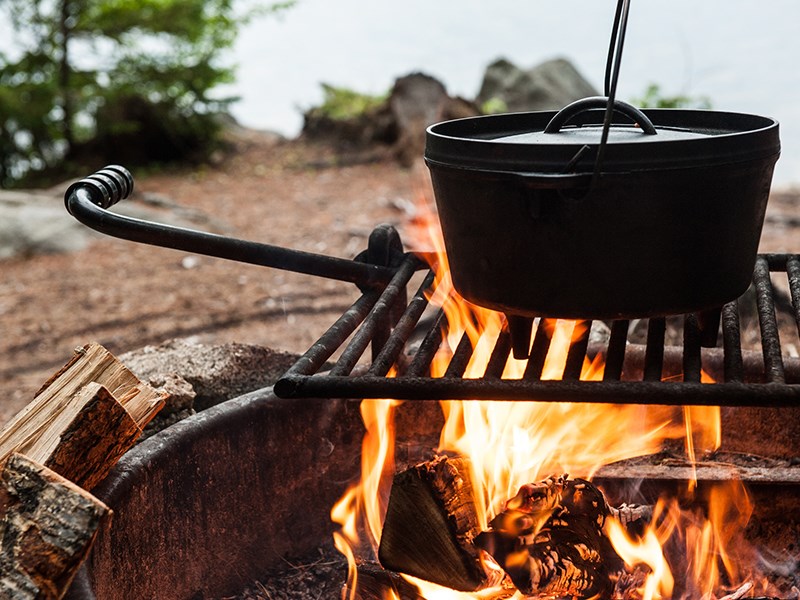What ever happened to “June-uary?”
It seems like only yesterday when a wet and dreary June came to an end. To be fair, only the final two weeks of the month were abysmally cold and heavy with rain.
Here we are just over two weeks later and that dampness has been replaced with a damper to anyone planning a camping trip this weekend.
As of noon on Wednesday, July 18, an open burning ban, including campfires, is in effect throughout the region due to; you guessed it, a lack of rain and high temperatures.
A mere two and a half weeks ago, long sleeves and pants had replaced the attire worn by many Powell River residents in May and early June. Now air conditioners, refrigeration units and fans used by customers to stay cool have caused a spike in electricity usage, according to a recent BC Hydro media release.
Luckily, there is more to camping than campfires, and more than one way to prepare a meal that won’t result in tickets, fines and penalties from Coastal Fire Centre for anyone found in contravention of the ban. Slaps on the wrist start at $1,150 and can go as high as $100,000 if they result in a conviction. Possible jail time of one year is another deterrent and makes using gas, propane or briquettes a far more appealing alternative for cooking than over the traditional campfire.
Camping can be as much about eating as it is about hiking, swimming or playing games, and based on the amount of food the average camper brings along, no one is going to bed hungry.
The increase in temperature affects more than the palate. As much as warm sunny days enhance any camping activities that involve water, higher than average temperatures across much of the province of late also bring their fair share of risks, including sunburns, heat exhaustion and leaving pets and/or children in vehicles for any length of time (don’t do it, not even for a minute).
With highs hovering close to 30 degrees Celsius, campers (and gardeners, athletes and residents in general) must protect their skin from excessive exposure. Getting your vitamin D is one thing, but eventually put on a hat or find some shade before burning or exhaustion outweighs the benefits.
Sometimes you just have to wait out the heat. Have a cold drink, sit under an apple tree, or just stay in the water (with a hat on, of course).



